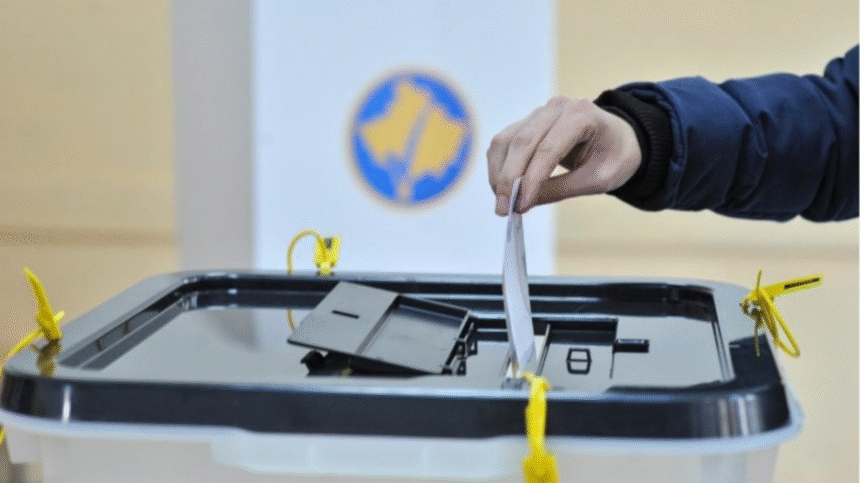Thousands of police officers, doctors, soldiers, journalists, and other professionals who will be on duty on election day, October 12, may face difficulties in exercising their right to vote.
The challenge becomes even greater during local elections, as many of them will be performing their duties outside the municipalities where they are registered to vote.
Moreover, even conditional voting offers little relief in local elections, since this type of voting is only available within the same municipality where the voter is registered.
The spokesperson for the Central Election Commission (CEC), Valmir Elezi, explained to KosovaPress that early voting for these categories is not provided for in the Law on General Elections.
“The Law on General Elections does not foresee the possibility of organizing early voting for citizens who, due to the specific nature of their work, are engaged on election day — such as doctors, police officers, soldiers, firefighters, media representatives, and similar professions,” Elezi said.
Conditional voting also seems to be of limited use, particularly during local elections, since it is only possible for voters within the same municipality where they are registered.
“Unlike parliamentary elections, where the entire Republic of Kosovo is a single electoral district, in local elections each municipality constitutes a separate electoral zone. At each polling station, the CEC provides ballot papers only for that municipality. Therefore, a voter can only vote in the municipality where they are registered and not in another one. For this reason, conditional voting is not possible from one municipality to another,” Elezi clarified.
Before election day in Kosovo, only citizens residing abroad are allowed to vote, provided that they have registered in advance.
Elezi further explained that the CEC organizes voting through mobile teams for individuals with special needs who cannot go to their polling stations on election day.
On election day, CEC’s mobile teams facilitate voting for citizens with limited mobility in certain institutions — including hospitalized patients, elderly people in care homes, individuals in mental health institutions, as well as prisoners and detainees. Voters with physical, health-related, or other disabilities who are unable to go to polling stations can also vote through these mobile teams.
Additionally, voters in exceptional circumstances — such as those under house arrest or in situations of security risk — are allowed to vote through mobile teams as well.







